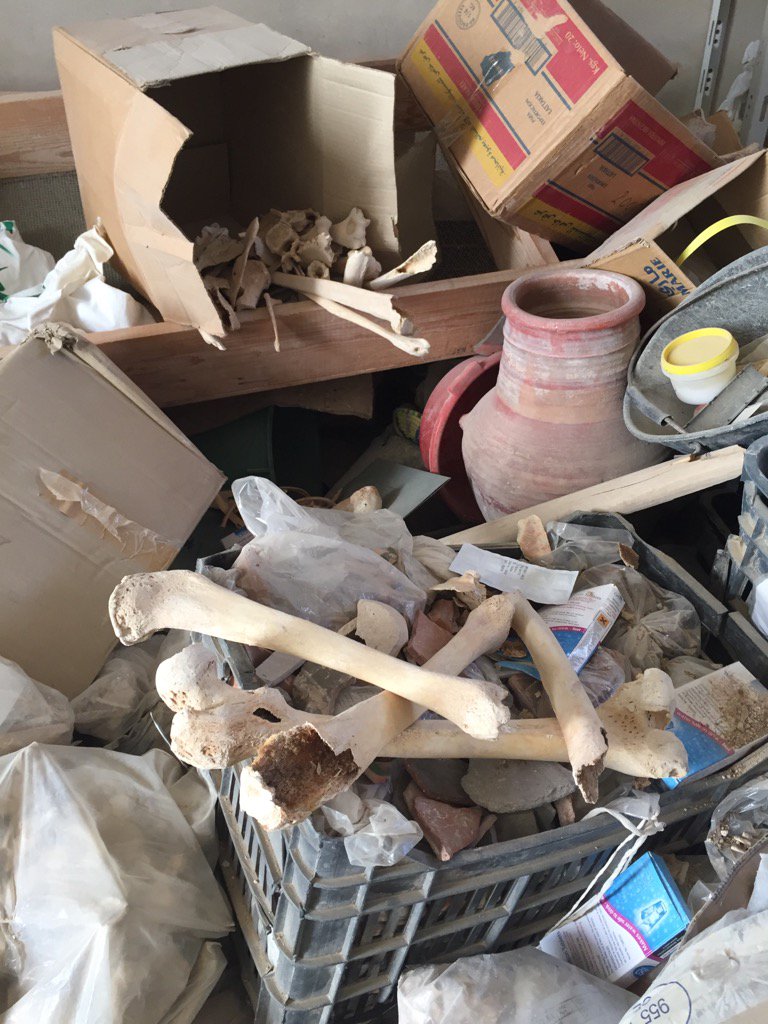Hundreds of Convicted Terrorists
Are Already Held in U.S. Prisons

NYT’s Republican leaders have blocked the closing of the prison at Guantánamo Bay, Cuba, because they say they do not want terrorists held on United States soil. But American prisons currently hold 443 convicted terrorists, far more than the 89 men who remain imprisoned in Cuba.
The New York Times was able to confirm locations for about a third of the terrorists, shown on the map above. The Department of Justice would not release the names or locations of the other prisoners who had been convicted of terrorism.
The most notorious terrorists are being held in the maximum security sections of just a few federal prisons. But many others, serving lesser sentences for crimes like financing attacks or bomb hoaxes, are at facilities across the country.
Florence, Colo.

At least 30 convicted terrorists in the SuperMax
Many of the most well-known convicted terrorists are at the highest security prison in the country: the supermax in Florence, Colo., about 100 miles south of Denver.
Zacarias Moussaoui, a member of Al Qaeda who was directly linked to the Sept. 11, 2001, attacks, is there, as is Dzhokhar Tsarnaev, one of the Boston Marathon bombers. Richard Reid, known as the shoe bomber, and Umar Farouk Abdulmutallab, the underwear bomber, are also held there.
Terre Haute, Ind., and Marion, Ill.

Medium security prison At least 12 convicted terrorists

Medium security prison At least 11 convicted terrorists
At least 25 convicted terrorists are held in two federal prisons in Indiana and Illinois that have special Communications Management Units, designed to isolate certain prisoners from other inmates and limit contact with the outside world.
Mail and telephone calls are restricted. Prisoners in the units are not allowed to have any physical contact with visitors or family members. The majority of prisoners in the units, which were opened in 2006 and 2008, are Muslims.
Other Prisons Across the Country

The Hazelton, W. Va., complex has four separate prisons. Inmates here include Hawo Mohamed Hassan, one of only seven female convicted terrorists The Times was able to locate.

The low security prison on Terminal Island, at the Port of Los Angeles, houses Mohammad El-Mezain, who was convicted of providing material support to Hamas in 2009.

This multilevel security prison in Brooklyn, New York, houses two inmates with Qaeda ties and one linked to the Tamil Tigers in Sri Lanka.
Hundreds of other convicted terrorists are held in prisons around the country. Many of these are for lesser crimes and shorter sentences.
Sabri Benkahla, who is held at a federal prison in Washington, D.C., was convicted in 2007 of perjury, obstructing justice and giving false statements to the F.B.I. He had denied visiting an overseas jihad training camp eight years prior, and denied knowing that several of his contacts were suspected of being terrorists.
The Rising Number of Convicted
Terrorists in American Prisons

400
300
International
200
100
Domestic
0
2007
2009
2011
2013
2015
The number of convicted terrorists in American prisons has increased by more than 150 inmates since 2007. The number of domestic terrorists, some of whose crimes are related to white supremacy or eco-terrorism, has fallen in recent years, but the number of convicted terrorists who are not American citizens continues to rise.





